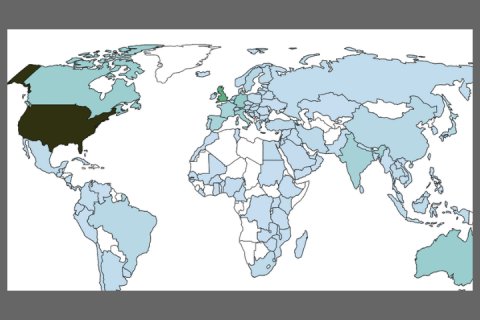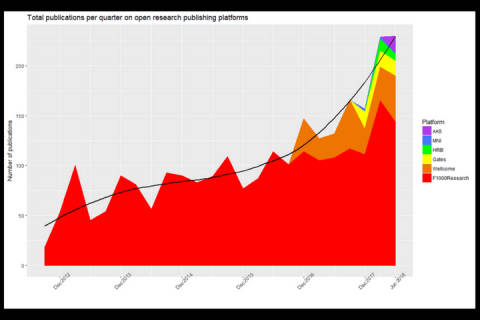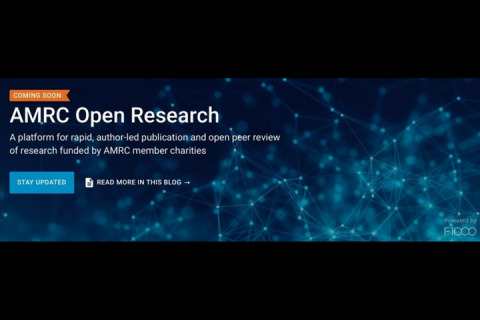This week is Peer Review week, and given this year’s theme of ‘Diversity and Inclusion’ we took the opportunity to evaluate just how diverse and inclusive our peer review model is, looking at the geographical spread of F1000Research reviewers; the equal opportunities we provide for early career researchers; and the gender balance among F1000Research published reviewers.
Scientists have discovered the world’s oldest colour and it might not be what you think, as it’s bright pink! The bright pink pigments are molecular fossils of chlorophyll produced by tiny ancient cyanobacteria. Given this finding on cyanobacteria and evolution we share the top three articles related to the evolution of marine microbes; our usual top three articles for the month; and our Hidden Jewels.
Rebecca Lawrence announces the first open research publishing platform operated by F1000 on behalf of a publisher. By providing F1000’s technology and editorial services to Emerald Publishing and running Emerald Open Research for them, F1000 is taking steps to enable as many authors as possible to publish on an open research platform.
Europe PMC repository will start indexing preprints. In this blog post Rebecca Lawrence, Managing Director at F1000, talks about the growth of preprinting and the value this initiative has for research.
The decrease in cost and increase in scale of biological data production and its diverse applications has changed life science research in recent years. Applied bioinformatics skills are now essential to successfully analyse data from high-throughput ‘omics instrumentation in many fields of biology. This has resulted in a need to upskill the life science workforce,…
Late last year, we published the first Stage 1 Registered Report on F1000Research. Publishing Registered Reports is believed to increase the rigor around the scientific method, which supports reproducibility. We interviewed the lead author, Julius Emmrich, Charité, Germany and one of the article’s reviewers, Ádám Dénes, Institute of Experimental Medicine, Hungarian Academy of Sciences, to get an insight into their views on this way of improving experimental design.
We announce a new partnership with NC3Rs to launch a gateway that will maximise the impact of the 3Rs – replace, reduce or refine – technologies and approaches in animal research. In this guest blog, Vicky Robinson, Chief Executive of NCR3Rs, introduces the new NC3Rs gateway
Rebecca Lawrence, Managing Director of F1000 announces our partnership with the Association of Medical Research Charities (AMRC) to provide a publication platform for 23 of their UK-based medical research charities.
A couple of our Faculty Members discuss William Kaelin’s opinion article, a piece that highlights the problematic trend that has crept into scientific publication and was F1000Prime’s top recommended article for six months running. They share their thoughts on what could be done to improve the future of scientific research.
Emily Hesketh, a postdoctoral fellow at the Wellcome Sanger Institute, discusses her research note published on F1000Research about a method to improve communication between specialists in interdisciplinary teams.














